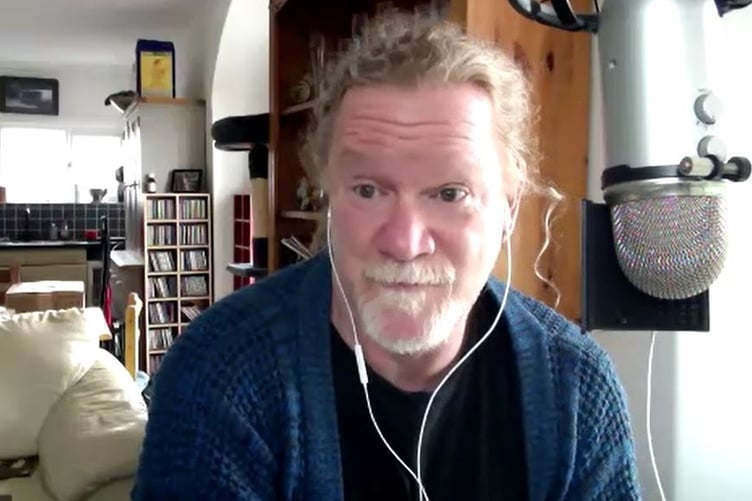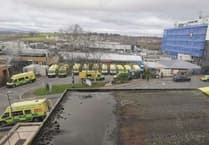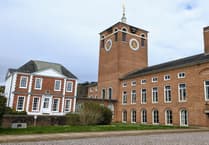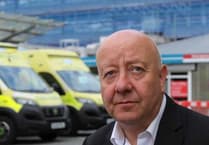A Devon political analyst is predicting a "huge change" in the county's MPs in next month's General Election.
But Dr David Brockington says it won't be as cataclysmic for the Conservatives as some people are suggesting.
And the leader in politics and social science at Plymouth University, doesn’t expect to see a “socialist revolution” on 4 July - more a case of people wanting a change of government because the last one “had run out of ideas”.
Dr Brockington is predicting a change in the South Hams - with the Liberal Democrats winning the new South Devon constituency (formerly Totnes) and the Conservatives winning in South West Devon.
Across Devon he predicts the Lib Dems taking four seats, up from none, Labour possibly picking up one from the Conservatives, and the Tories keeping the rest, with the possible exception of Central Devon.
“I would be surprised if Labour gets less than 400 seats (in Westminster), but I don’t think the Conservatives will be left with less than the Liberal Democrats,” he said.
“The national picture is that the Conservatives are going down in popularity and that picture may well be played out in Plymouth.
“Conservative Johnny Mercer had a thumping victory in 2019, with a near 13,000 majority in the Moor View constituency and as an incumbent he should have some degree of a personal vote built up, but the best scenerio he can hope for is a toss up this time around because of the national scene.
“He has got the most difficult election campaign on his hands since he won in 2015.”
But Dr Brockington said people should be wary of national elections following the pattern of local elections.
“People use different motivations for their vote. In a local election when Number 10 and the government of the country is not on the line, people are less constrained in how they make voting decisions, they more likely to vote against the party in government.
“Cornwall Council, for example, has load of independents and people feel free to vote for them if they are highly organised and in touch with their communities, but they don’t in a general election. This is when they regress to their normal voting patterns. I know the government has been volatile, but people are less likely to take a risk.”
Dr Brockington said the public isn’t particularly excited about the election, but this was also the case in 1997 when Tony Blair’s New Labour swept to power with a record number of seats.
“Tony Blair was more charismatic than Keir Starmer, but if you look at the media coverage back then people were not that excited about the election. People like to see change every few years. That is what democracy is: a peaceful transition of power.
“There is nothing really substantive coming from the government but that said, you don’t see much from the Starmer campaign, but nor should you.
“If you are sitting on a 20-point poll lead you do not have to stick your head above the parapet, because the second you do inevitably you are going to start losing votes because people will disagree with what you said.
“It’s in Starmer’s best interest to be as vague as possible without being completely vacuous. He stands for something, but if you get into specifics you start alienating people.”
The academic expects Labour to hold Plymouth Sutton and Devonport, and the Liberal Democrats to win Plymouth Moor View from Conservative.
Elsewhere he predicts Lib Dem victories in North Devon, Torbay and the two new seats of Honiton and Sidmouth and South Devon, Labour holding on to Exeter and the Conservatives winning seats in Torridge and Tavistock, Exmouth and Exeter East, South West Devon and Newton Abbot.
He thinks the Central Devon seat could be a toss up between the Conservatives and Labour.
That would be a huge change in the Devon political map, where all but two seats, Labour-held Exeter and Plymouth Sutton & Devonport, have been blue for many years.
Dr Brockington complimented the Lib Dems eye-catching campaign stunts which are getting lots of media attention and believes parties with no campaign infrastructure like Reform UK were “not likely to be a threat”.
He was speaking before Nigel Farage announced his intention to run for parliament for the Reform Party





Comments
This article has no comments yet. Be the first to leave a comment.